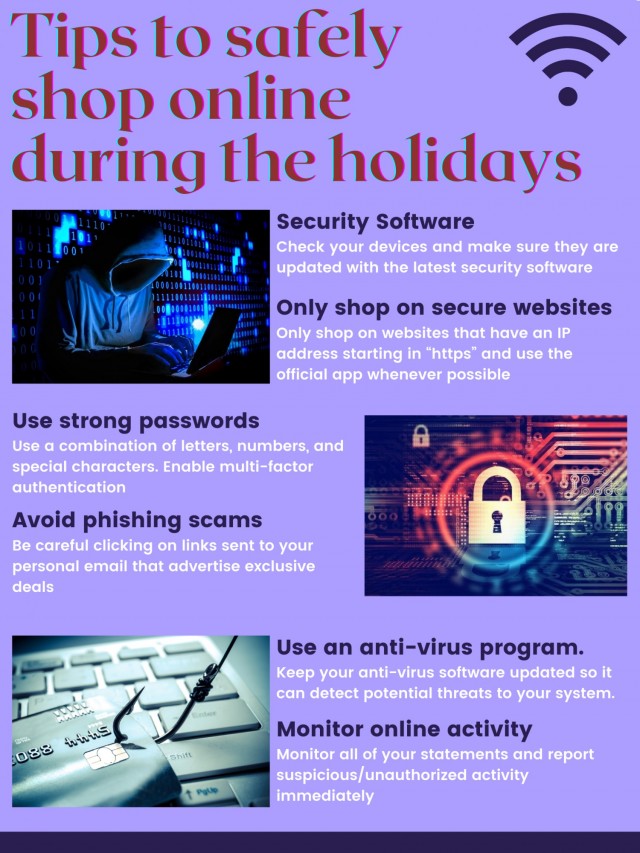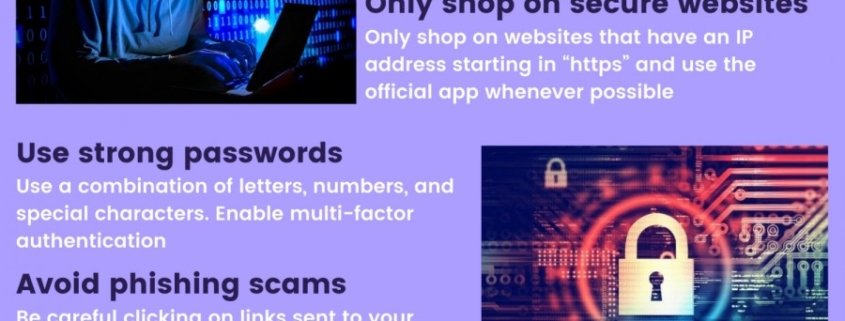AGCO ransomware attack disrupts tractor sales during U.S. planting season
May 6 (Reuters) – U.S. agricultural equipment maker AGCO Corp (AGCO.N) said on Friday a ransomware attack was affecting operations at some of its production facilities, and dealers said tractor sales had been stalled during the crucial planting season.
Georgia-based AGCO said in a statement it expects operations at some facilities to be affected for “several days and potentially longer.”
The ransomware attack comes at a time U.S. agricultural equipment makers were already facing persistent supply chain disruptions and labor strikes that left them unable to meet equipment demand from farmers. read more
Register now for FREE unlimited access to Reuters.com
AGCO did not disclose the names of the facilities or if any data was stolen, but said it was still probing the extent of the attack that occurred on Thursday and working to repair its systems.
Tim Brannon, president and owner of B&G Equipment Inc in Tennessee, told Reuters he has not been able to access AGCO’s website for ordering and looking up parts since Thursday morning.
“We just have to trust that it will be over as soon as possible because we are coming into our busiest time of the year and it will be very damaging to our business and customers,” Brannon said.
AGCO, which competes with larger rival Deere & Co (DE.N), sells tractors and combines, manufactures and assembles products in 42 locations worldwide with 1,810 dealerships in North America.
Dealers are now struggling to keep up with orders that were already backlogged.
The company told dealers that it was “prioritizing” the most business critical systems in an e-mail read to Reuters by a dealer who declined to be identified.
“I’ve got about nine orders that I need to place right now,” said the dealer.
He said AGCO told him “digital systems” had been impacted worldwide.
AGCO did not respond to requests for additional comment.
AGCO’s shares were down 6% at $125.55 in late afternoon trading.
Ransomware attacks have targeted food and fuel companies in the United States in recent years, including the Colonial Pipeline’s oil network and meat processing company JBS (JBSS3.SA). Last autumn, at least three grain handlers in the Midwest were hit with ransomware attacks. read more
Source…
Tis the season to be jolly: Don’t let hackers ruin holidays | Article

Your best defense against online hacking is awareness. Stay informed and promptly take action when you notice something is not right. (Illustration by Linda Lambiotte, ASC Public Affairs)
VIEW ORIGINAL
ROCK ISLAND ARSENAL, Ill. – While it’s supposed to be the most wonderful time of the year, the holiday season can turn into a hunting ground for hackers, scammers, and identity thieves, becoming THEIR favorite time of the year.
Why is that?
While many of us still prefer the traditional in-person shopping experience, many others have switched heavily to online purchases in the past few years, even more since the start of the COVID-19 pandemic early last year.
This has caused a significant increase in our population’s record of online activities, also referred to as digital footprint.
“When we make online purchases, we leave a trail of personal information such as our home address, date of birth, credit card information, spending habits, and even our personal preferences,” said Dr. Kathy Linderman, chief information officer for the U.S. Army Sustainment Command G6 (Information Management).
While online shopping is practical, fast, and often easier, we do tend to share a lot of sensitive information that could expose us to personal and financial risks.
“Some shopping websites will place ‘cookies’ on each visitor’s computer to track online activity and provide information to the cookie owner,” Linderman said. “All of this information is often used to target us with advertisements for other products or services we might like.”
However, such information…
Cybersecurity, the pandemic and the 2021 holiday shopping season: A perfect storm
Ping Identity executive advisor Aubrey Turner warns that eager cybercriminals are ready to exploit the current chaotic state of the world, and preparation is essential going into the holidays.

Image: Shutterstock/Troyan
We’re heading into the holiday shopping season, and there will definitely be more than just the usual frozen, snowy bumps in the road to success. Supply chain interruptions and a continuing chip shortage have made things hard enough as it is, and that’s before you even stop to consider the cybersecurity and privacy concerns that have only been exacerbated by the state of things.
Aubrey Turner, executive advisor at Ping Identity, says that the usual scams have only been amplified by a massive turn to online shopping due to the pandemic. “All these things have driven more people than ever to shop online, buy online, and that presents an opportunity for attackers and bad guys,” Turner said.
SEE: Google Chrome: Security and UI tips you need to know (TechRepublic Premium)
Those aforementioned supply chain interruptions have only widened the peak fraud time window for many attackers, who are keeping up with consumers who have started shopping earlier. In addition to starting early, many parents are in a desperate position in 2021: Will the toy their child wants even be available?
“Think about the past 20 Christmases: There is always some hot toy, from the Furby and Tickle Me Elmo, to Xboxes and PS4s. That creates an opportunity for an attacker to take advantage of somebody that wants to give that as a gift,” Turner said.
In terms of specific threats that Turner said he’s noticed this year, two stand out: Card not present fraud, and non-delivery scams. Card not present fraud takes advantage of situations where a transaction can be run without possession of a physical card, while non-delivery scams are probably common to anyone who has an email address: They’re those phishy-looking emails you get from “FedEx” about a package you weren’t expecting being undeliverable.
There’s a common thread between…
Hackers Targeting Digitally Connected Consumers This Tax Season
Consumers’ Digital-First Lifestyle Opens Them to Potential Risks
Consumers have faced a lot of change over the past year with the shift to a digital-first lifestyle, and tax season is no exception. McAfee’s 2021 Consumer Security Mindset study revealed that while roughly 2 out of 3 Americans (63%) plan to do their taxes online in 2021, 12% of Americans will be doing them online for the first time. With the increase in activities online, consumers are potentially exposed to more digital risks and threats, and it is crucial that they understand how to stay safe online.
According to the IRS, Criminal Investigation identified $2.3 billion in tax fraud schemes during FY2020. Hackers target tax payers every year, but the increase in online filings due to COVID-19 in 2020 presented an even greater opportunity, as scams related to coronavirus tax relief such as Economic Impact Payments, have now earned a spot on the IRS “Dirty Dozen” tax scam list. Also relatively new to the list are social media attacks – thanks to the rapid development and adoption of social media platforms in recent years. Social media attacks involve scammers harvesting information from social media profiles, then using that data to impersonate someone you know to gain access to accounts, funds and more.
Other common attacks include email phishing attacks, phone calls posing as IRS agents, and robocalls that threaten jail time. Taking advantage of the current environment, many phishing attacks are now leveraging keywords such as “coronavirus,” “COVID-19” and “stimulus.” Additional tax scams can be harder to spot, such as when a hacker secures someone else’s Social Security number (SSN) and begins exploiting this sensitive information on the dark web and facilitating fraudulent tax returns. The IRS has warned about scams related to SSN, where scammers claim to be able to suspend or cancel the victim’s SSN, hoping that fear will get consumers to return robocall voicemails.
Consumers can do their part this tax season to protect their personal information and keep their finances secure:
-
Beware of phishing attempts. Phishing is a common tactic hackers leverage during tax season, so double-check…



